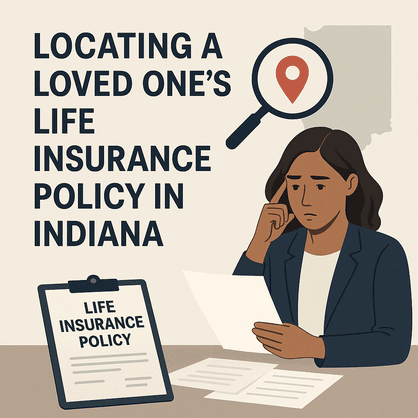In Indiana, nursing homes or assisted living residents who receive Medicaid benefits must go through an annual redetermination process to confirm continued eligibility. This process—sometimes called “renewal” or “recertification”—ensures that Medicaid resources are directed to those who still meet the program’s financial and medical requirements. As part of the legal representation for our clients, we handle these. Why Redeterminations Matter Medicaid is a joint federal-state program that helps cover the cost of long-term care for individuals
Losing a loved one is an incredibly difficult experience, often compounded by unexpected financial strains. While Social Security is primarily known for retirement benefits, it also provides crucial support to families when a worker dies. These “survivor benefits” can offer a vital financial lifeline during a time of grief and adjustment. When a person who has worked and paid Social Security taxes passes away, certain family members may be eligible for monthly benefits based on
In previous articles I have written about the use of Transfer on Death (TOD) Deeds in Indiana and the pros and cons of their use in Indiana. A significant new law in Indiana, effective July 1, 2025, addresses a critical gap in property insurance coverage following the death of a real property owner, especially concerning properties transferred via Transfer on Death (TOD) Deeds. This legislation comes as a direct response to issues highlighted by cases
For Indiana families facing the challenging journey of Alzheimer’s disease, deciding when to transition a loved one to a nursing home is a deeply personal and often heart-wrenching decision. There’s no single “right” time, as the progression of Alzheimer’s varies significantly from person to person. However, understanding the key indicators can help guide this difficult process. Initially, many individuals with early-stage Alzheimer’s can remain at home with support from family and friends. As the disease
Losing a loved one is a deeply painful experience. Amidst the grief, practical matters often arise, including locating any existing life insurance policies. If you’re an Indiana resident facing this situation, knowing where to look can provide crucial financial support and peace of mind. Here is a guide to help you navigate this process. Your first step should be to thoroughly search for your loved one’s personal belongings. Look for insurance documents in files, drawers,





